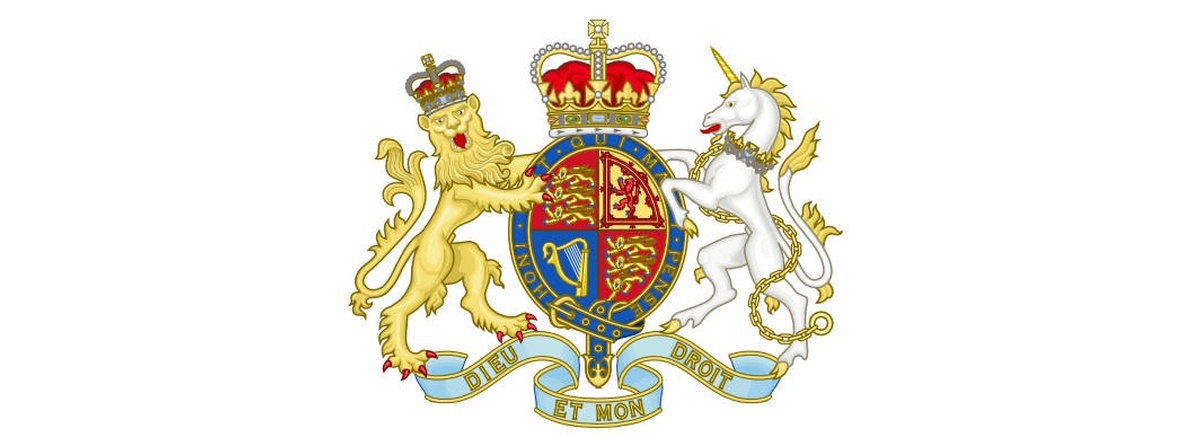
Controversial Bill Receives Royal Assent
The controversial Investigatory Powers Bill - widely referred to as the "Snoopers' Charter" - received Royal Assent last week, having been passed by both houses of parliament earlier this month.
The Act, which will govern all of the powers available to law enforcement, the security and intelligence agencies and the armed forces to acquire communications from the public, was amended to give greater protection to legally privileged material accidentally caught in a legitimate search, by making them subject to a 'public interest' test.
The safeguards were included in amendments to clause 56 of the bill, incorporated during the third reading of the bill at the end of October and put forward by Minister of State for Defence Earl Howe.
Law Society president Robert Bourns is reported to have said:
Legal professional privilege is at the heart of the solicitor-client relationship, as it gives our clients the assurance that they can discuss in confidence the most intimate details of their private and professional lives.
Anything which undermines this trust is a serious concern, which is why we are pleased the government has agreed to sensible changes to the bill to strengthen protections.
While these protections are not as comprehensive as the legal community felt was appropriate, the government's response is still a significant improvement from where the bill started.
With the number of moves to weaken the protection of legal professional privilege we have seen this year - both inadvertent and deliberate - the Law Society will remain vigilant to ensure that this core principle of our justice system is maintained.
Despite having already received royal assent, a belated public objection to the IP Act is evident in the form of a petition to repeal the new law. The petition has already reached nearly 200,000 signatures (at time of writing), and it continues to grow despite the Petitions Committee's decision not to debate the petition.

